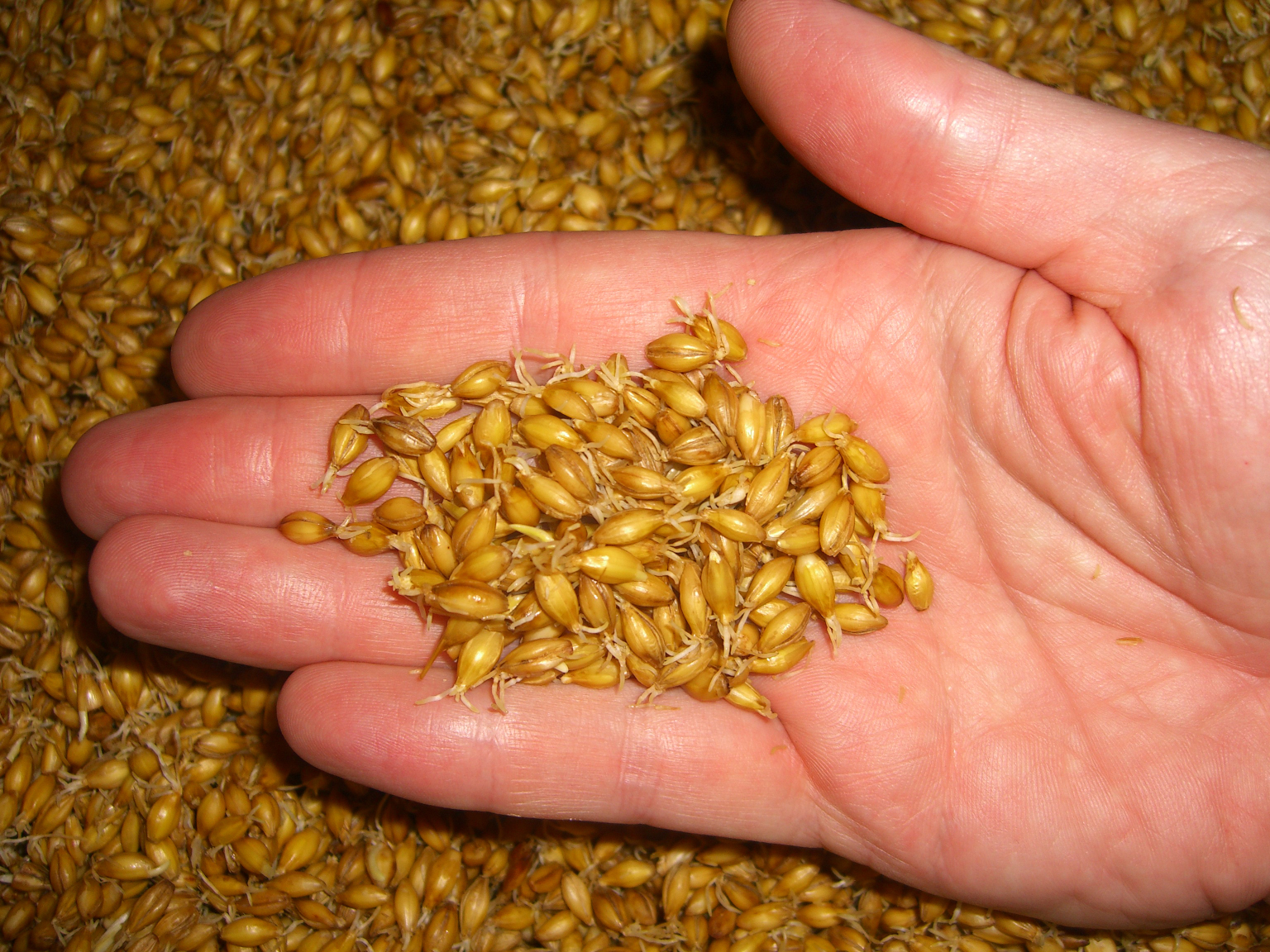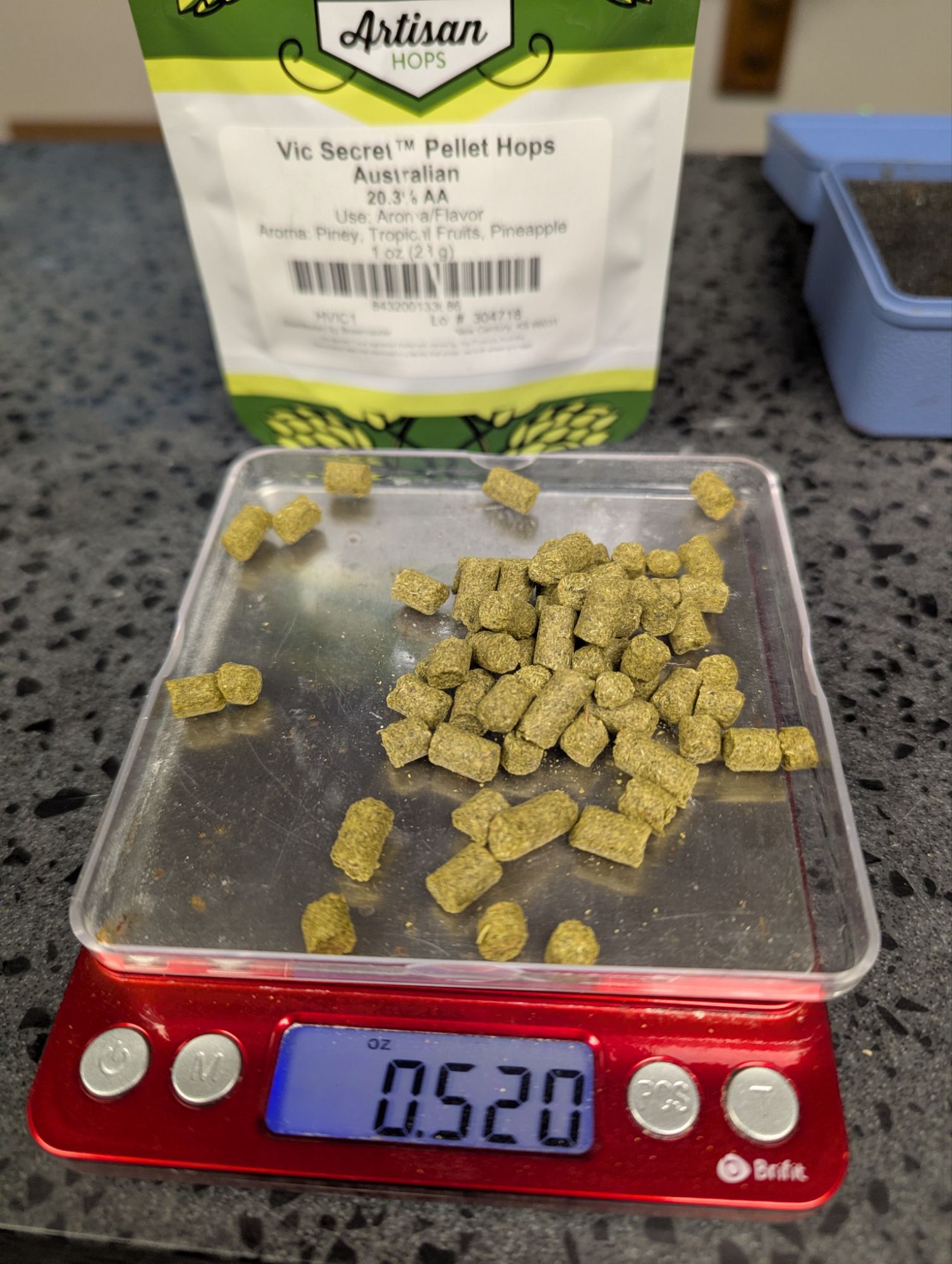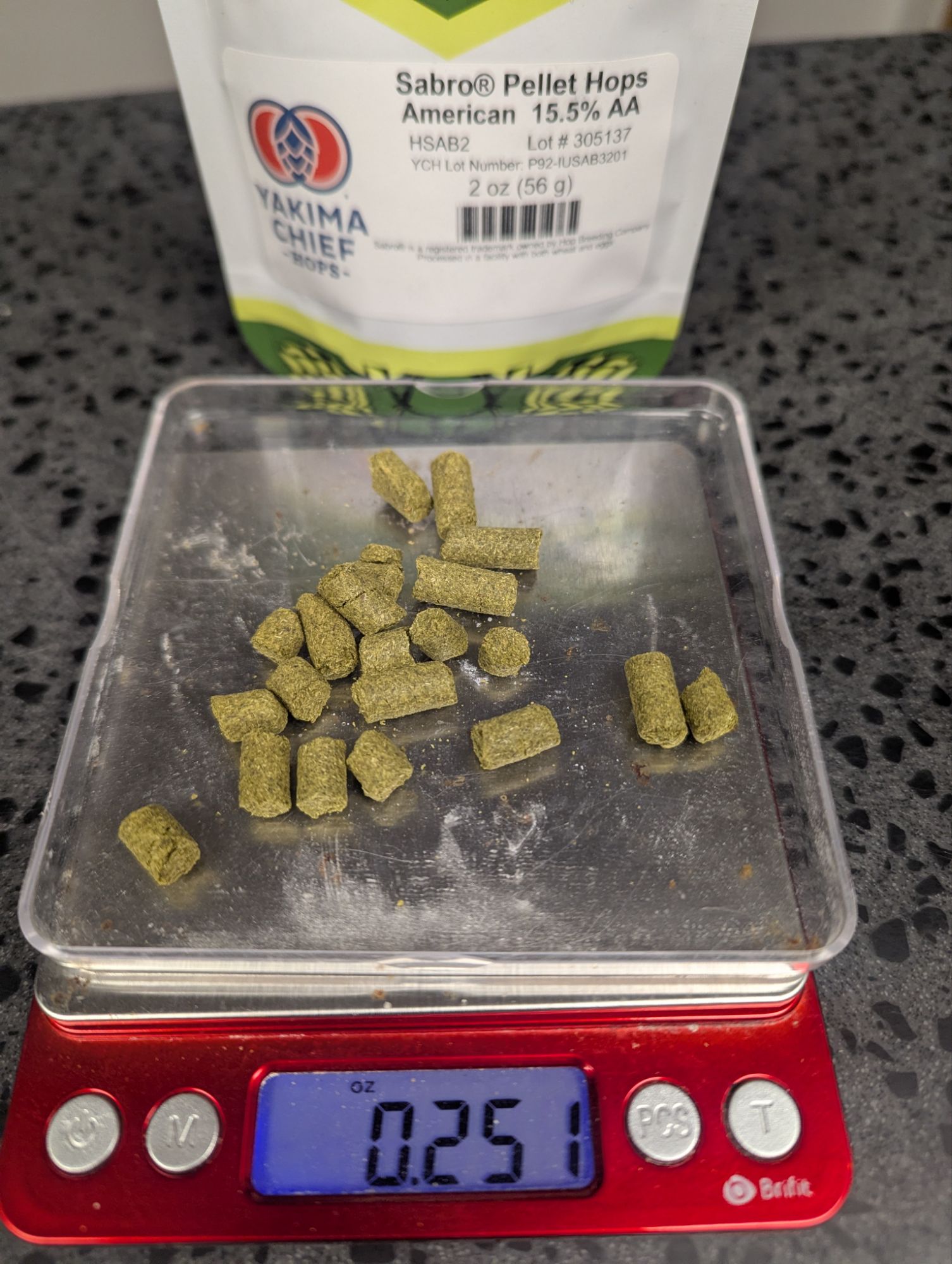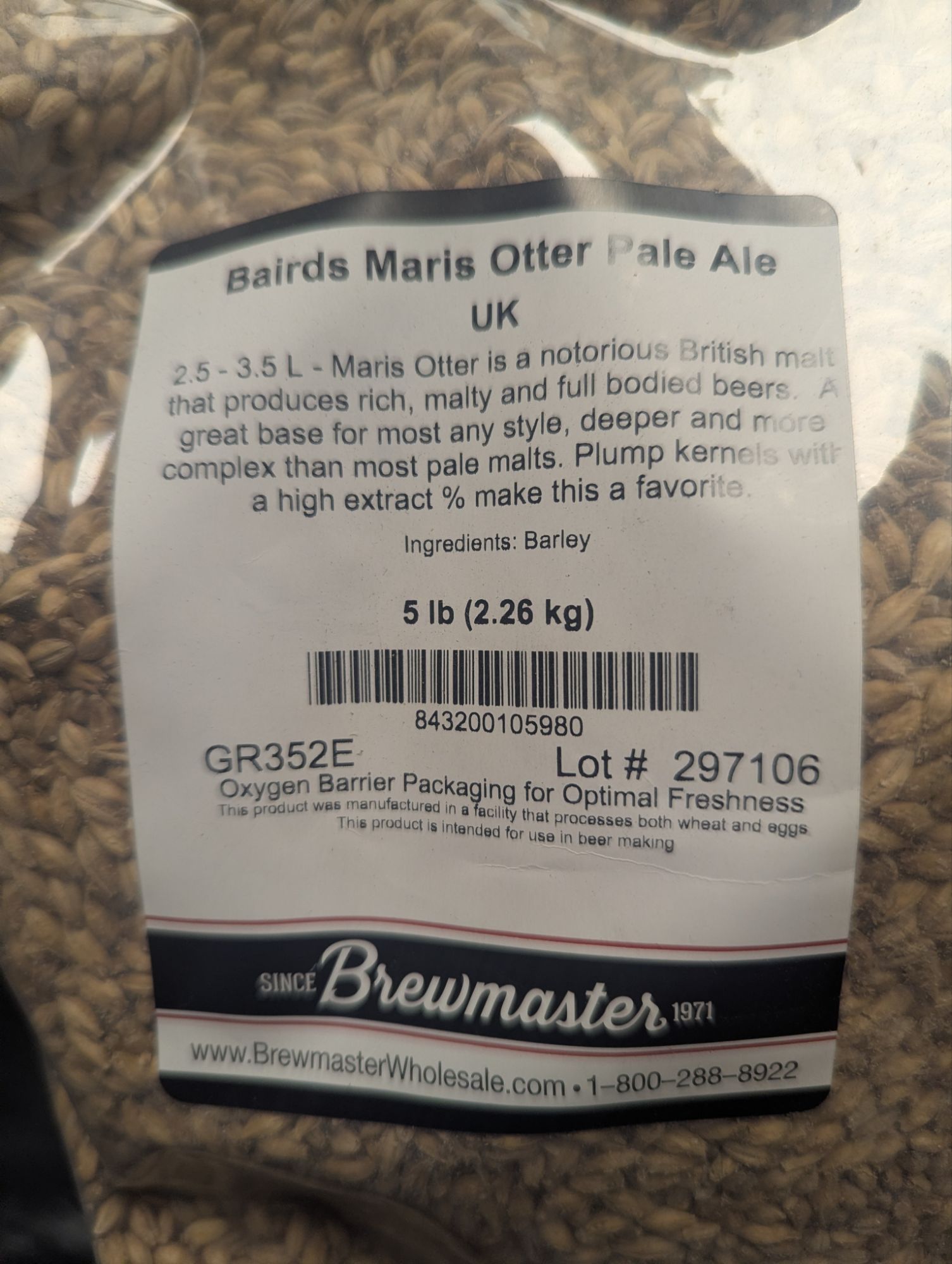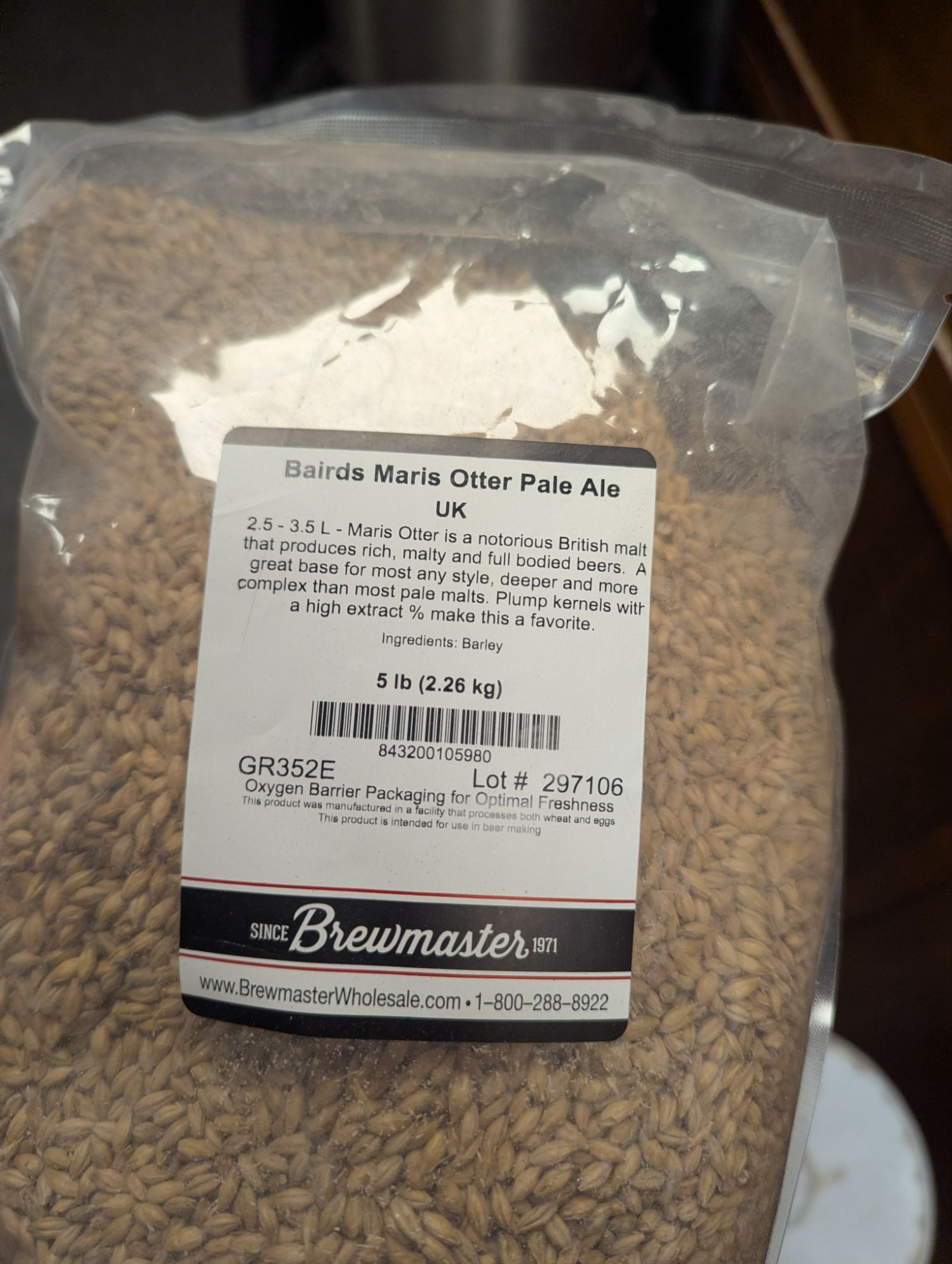First off I would like to say either way is brewing. In my mind one doesn’t trump the other. Both get you good beer at the end of the day, its how you make the wort is the difference. Let me explain what each is than I can talk about them in a little more in depth.
All grain brewing is taking malted grains, adjuncts, etc and go through a process of converting starches to sugars to use in the brewing process. Malted grains is key, malting the grain is the process of starting to germinate the grain but stopping and drying it right after it fully germinates. See below.

This is required in the malt as it opens up the enzymes required for converting starches to sugars. Enzymes are nothing more than proteins which are some of life’s buildings blocks. These enzymes are important in the conversion and if not present you will not get any or very minimal conversion. Okay so we now have our recipe that consist of malted barley and other adjuncts, we need to convert these starches to ferment-able sugars by the process of mashing. As you can see by the photo above the grain is in a shell and what we need to convert is inside that shell so we have to crush our grain in order to expose the starches found within the grain. See below.

You don’t want to crush this to flower but you want to get the husk off and crack the kernel inside. I use brew-in-a-bag method so that allows for a finer crush without getting stuck together. Some of you are like, ??? Let me see if I can clear that up a bit. If you crush the grain to a flower, when you add it to water it will clump up and not allow water to fully surround it, which is what is needed to convert the starches. If you grind to course the water can’t get to all the grain and you don’t get a good conversion.
So the milled grains get placed into water at a specific temperature to start the process of extracting the sugars from the starches. At different temperatures different sugars are created along with other enzymes. Below is a chart of what is created where and if you notice PH has a big part of this as well.

Here is where you can really make an easy difference in your beer from Extract. As I first started in all grain I would mash in any where from 149-155 degrees F. This is the idea place to convert starches to sugars. The higher the temp in that range longer sugar chains are created which yeast have a harder time of converting to alcohol, and the opposite is true the lower the temp in that range the simple sugars are created. So with that said the higher the mash the sweeter it will be and lower the mash temp the drier the beer will be. Here you can play around with your flavor of your beer and also how dry it will be. If you were to start at 110 degrees and mash for 20 mins and work you way up through the different levels of mashing you will create a very complex beer and probably a very good efficiency as well. Efficiency is how well you convert the sugars. Each grain has X amount of sugars in them and if you only get Y the difference is your efficiency loss. When I first started I would be around 60% efficient, so was only pulling about 60% of the sugars out. Now I’m up around 75% and occasionally hit a little higher.
From here brewing is the same if your extract or all grain. Boil the wort, add the hops, cool, transfer, pitch the yeast, wait a few weeks, and drink the beer.
Extract brewing basically removes the mashing step and you can go right into the boil. What is in the extract? Well there are two forms, Dry Malt extract and Liquid Malt extract. You can think of the recipe as having two parts a base malts ( usually 2-row, Pilsner, Vienna, etc), which makes at least 60% of the grist, and you have your specialty malts (Caramel, Chocolate, Special roast, etc). The base malts is where you get your sugars to ferment with and specialty grains adds flavor, some mouth feel, can help reduce PH, etc.
Extract brewing is instead of mashing all that base malt, you replace the base malt with either a Dry or liquid extract. Extract is nothing more than a base malt that was mashed in, sugars extracted and than either dried, or concentrate into a thick liquid. So you get to save time on mashing in. As noted we talked about replacing the base malt only with extracts, what about the specialty grains. Well with extract you can do a mini mash step with specialty grains to add some of those unique things found in specialty grains. When brewing extract kits you will find a lot of them have a specialty grain portion. This usually consists of steeping at 150-160 for about 20 mins. Your not looking to extract sugars just the unique things found in them.
What are the pros of going Extract vs All-grain? For starters time, As mentioned, no need for the 60 mashing step, so that can take up to 60 mins off your brew day. Consistency is another, With all-grain I had talked earlier about efficiency, with extract all your sugars are already extracted and you have a measured amount of sugar that doesn’t change from batch to batch, where as with all-grain you may not extract all the sugars the same time every time, which will change your beer slightly. You don’t have to do full volume boils, You can work say 2.5 gallons and at the end of the boil just top off to your 5.25 gallons. Biggest thing is you don’t need a lot of equipment to extract brew, which will save you money and space.
What are the cons of going Extract vs All-grain? Cost, so extracts will cost you more as someone did that mashing step for you already so basically you are paying for the extra time to create the extract. We aren’t talking breaking the bank more cost but does cost more, I think of it as purchasing time, and is worth it. Now I don’t have a lot of experience on this one but beer complexity, since the extract is already pulled sugars you as a brewer can’t play around with sugar chains. As mentioned in the all-grain at different temperatures you can extract different sugars which can add some complexity to your beer. The science makes sense but I also know with specialty grains you can add some of that magic back to what extent I haven’t tested yet but reading can add in some complexity you are looking for.
Again I want to repeat what I mentioned before, There is no right or wrong way to brew, If you enjoy what your doing, you make good beer, keep at it. I enjoy all-grain as I enjoy working at getting the sugars out of the grain and challenged to hit my number every time is the excitement in it for me. Once I went All-grain I haven’t brewed an extract, and the biggest reason is I like the challenge. To each is own and again its all brewing at the end of the day. So if your an All grain or an Extract brewer, Brew on, Let me know what you like better and why?


